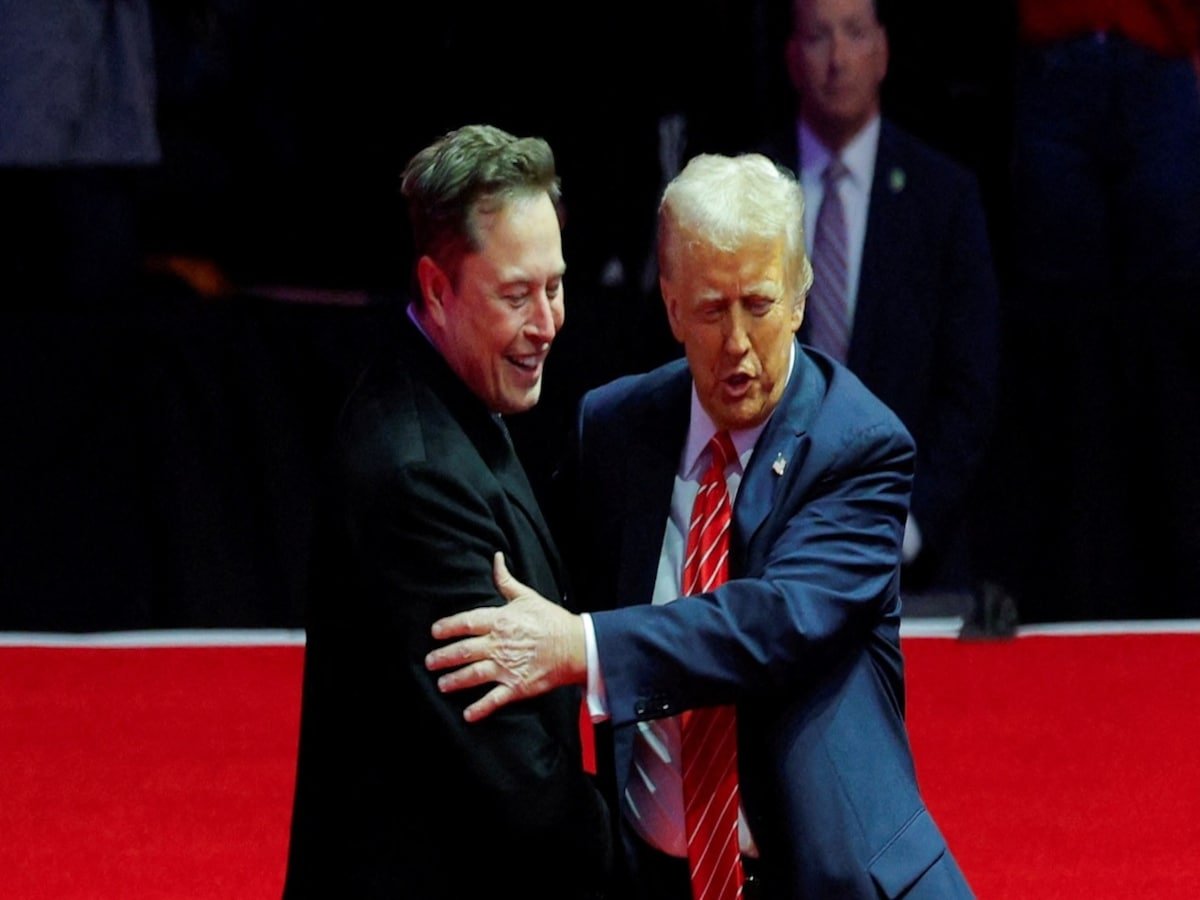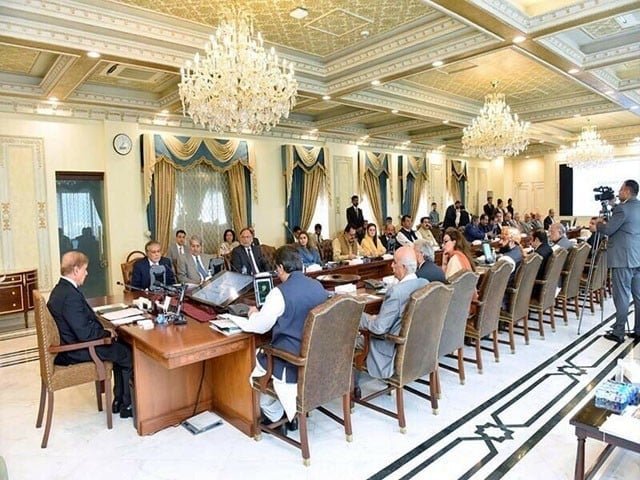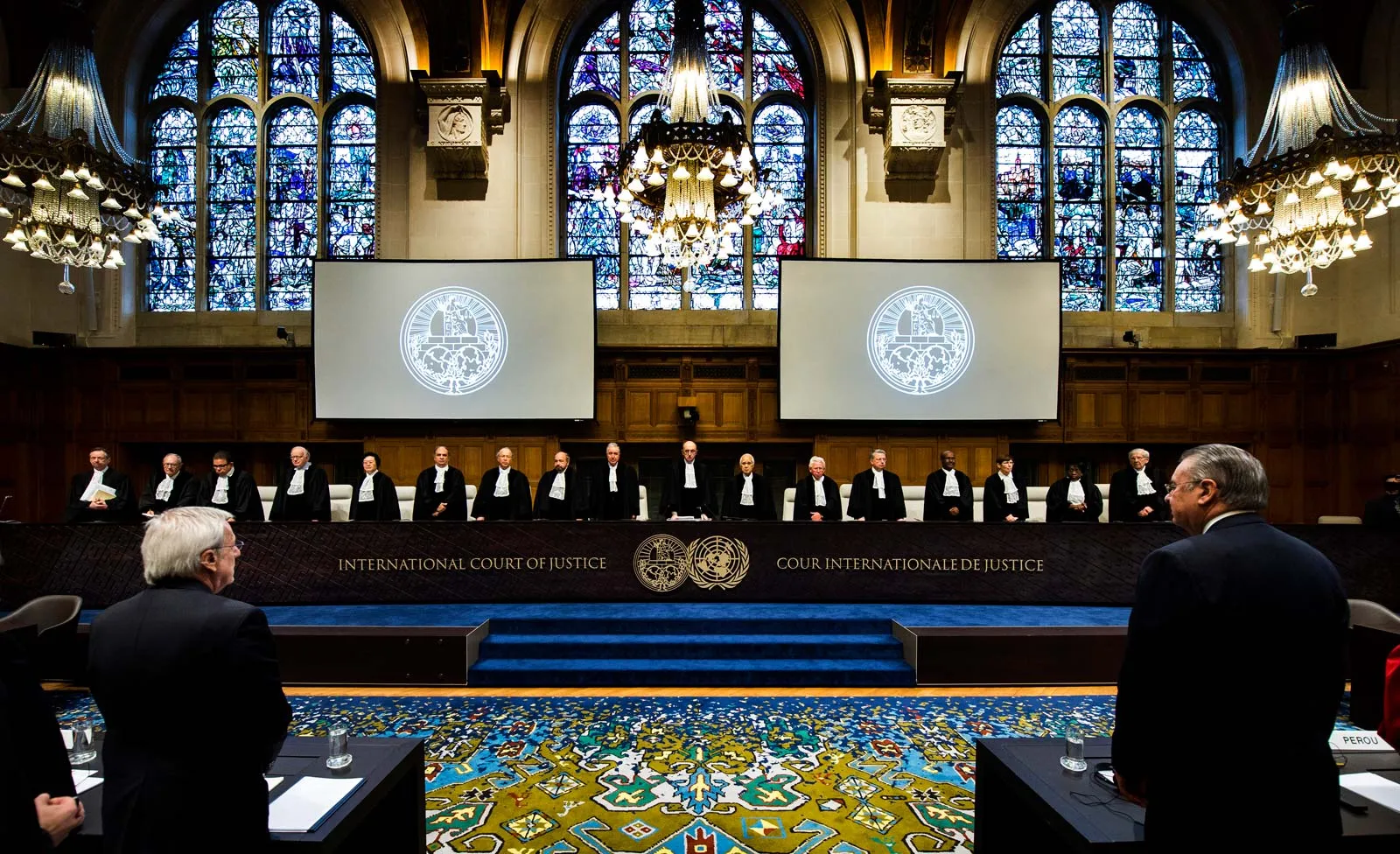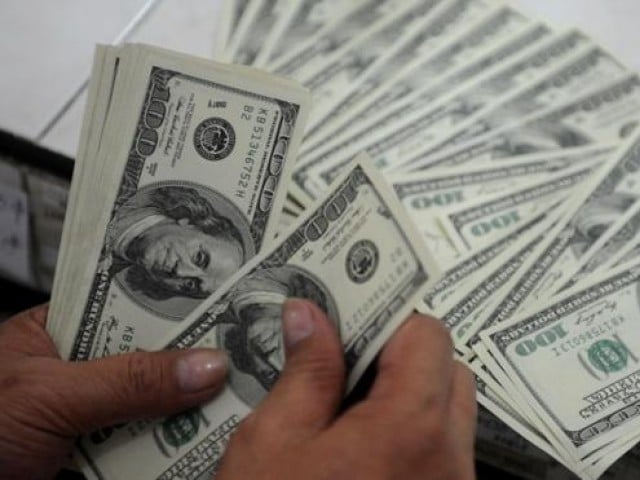A cracked windscreen forced U.S. Secretary of State Marco Rubio to turn back just an hour into his flight to the Munich Security Conference. The plane, carrying Rubio, senior officials, and journalists, returned to Andrews Air Force Base near Washington, D.C., late Thursday.
Despite the unexpected delay, the real news was unfolding in Europe. U.S. Defense Secretary Pete Hegseth had delivered a speech that shocked America’s allies. He suggested Ukraine would have to make major concessions to Russia for any peace deal brokered by President Trump.
Hegseth called it “unrealistic” for Ukraine to reclaim its occupied territories or expect NATO membership, adding that European countries—not the U.S.—should be responsible for maintaining peace. His comments sparked backlash, even among some Republicans in Washington, who saw them as a surrender to Russian President Vladimir Putin.
Former Swedish Prime Minister Carl Bildt criticized the approach, saying it was unusual to make big concessions before negotiations had even started.
Pl subscribe to our youtube channel:
The next day, Hegseth walked back some of his statements, clarifying that all options were still on the table for Trump to use as leverage in talks between Putin and Ukrainian President Volodymyr Zelensky. He insisted he was simply “pointing out realism” and denied making any unwarranted concessions to Moscow.
Meanwhile, Rubio’s delay meant he arrived late in Munich, where his team emphasized a different message: the U.S. was committed to a “just and lasting peace” and wanted European countries to take the lead in building a stable security framework.
European leaders are set to meet in Paris on Monday for urgent discussions to ensure their involvement in any potential Ukraine peace deal. In Munich, U.S. Vice President JD Vance added another twist, suggesting the U.S. could use military force to pressure Russia—directly contradicting Hegseth’s earlier claim that no American troops would be sent to Ukraine.
Pl visit our website for more info:
Back at the White House, President Trump was asked about the controversy surrounding Hegseth’s speech. When told that a Republican senator had called it a “rookie mistake” that sounded like it was written by a pro-Putin commentator, Trump responded, “Generally speaking, yeah, generally speaking, I was aware,” before adding, “I’ll speak to Pete, I’ll find out.”
These back-and-forth statements over three days provided the first real glimpse into Trump’s evolving stance on one of the biggest foreign policy challenges he faces: Russia’s full-scale invasion of Ukraine and his promise to end the war. They also shed light on the struggles within his administration to present a clear and unified message on the issue.

















